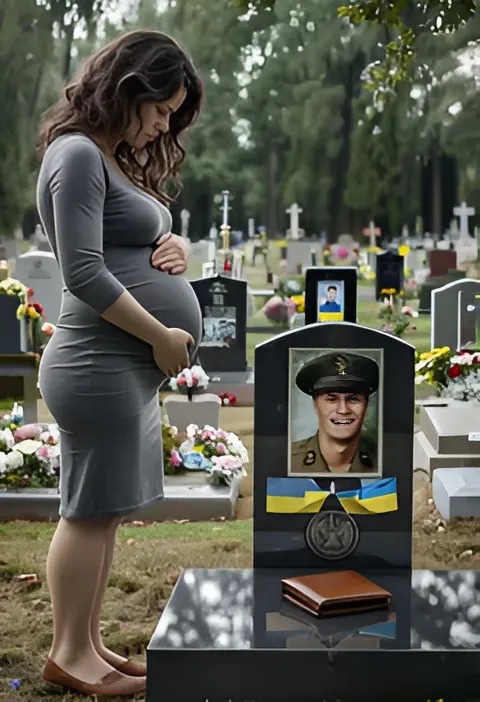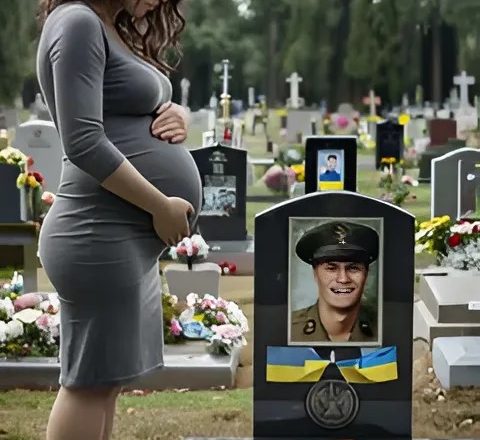The June sun warmed Yulia’s back gently as she walked among the marble tombstones in a Kyiv cemetery. The shimmer of cold stone reflected against her eyes, but she didn’t come here to mourn. For Yulia, the cemetery was a place of grim necessity — a place where food, left lovingly on graves by grieving families, became her only chance at survival.

Pregnant, with a prison term just behind her and no support ahead, she had been out of prison for only three weeks. She had served time for exceeding the bounds of self-defense — an act she still wrestled with, but the court didn’t. Now, outside those prison walls, she was facing a harsher sentence: life in a society that never forgets and rarely forgives.
Graveyards and Guilt
Every day, she visited this cemetery not for remembrance but for sustenance. Boiled eggs, a slice of bread, a small cake left on a headstone — all sacred to others, but for her, survival. It was humiliating, yes, but under her heart beat a second life — and for that life, she would do anything.
That day, while navigating a familiar row of graves, something caught her eye beneath a polished wooden bench near an ornate headstone: a leather wallet, heavy and expensive-looking.
Yulia’s breath caught. She scanned the cemetery — it was empty.
A Test of Conscience
She picked it up and opened it. Inside were several crisp 500-hryvnia notes, credit cards, a small photo of an elderly woman, and, oddly enough, a handwritten note:
«If you’ve found this, perhaps you need it more. I hope you won’t waste it.»
Yulia froze. Was this… intentional? A gift? A test?
She looked back at the grave. The inscription read: Galina Nikolaevna Zholobova, 1946–2023. No signs of family, no mention of loved ones. Maybe the person in the photo was the deceased. Or the one who had left the wallet behind. There were no answers, only a single choice.
Yulia felt torn. With the money, she could eat for days. Maybe rent a room, visit a clinic. But the credit cards, the identity — it all pointed to a person. A real one. Maybe grieving. Maybe watching from afar.
The Moment of Decision
In that moment, Yulia thought of her unborn child — a child who had already endured hunger, judgment, and nights under open skies. A child who deserved a mother not just alive, but principled.
She gently placed the wallet back where she had found it. Then, she scribbled her own note on the back of a bus ticket and tucked it beside the leather.
«Thank you. I am hungry. But I want my child to grow up knowing his mother chose dignity over desperation.»
Walking Away
She left the cemetery that day empty-handed, but somehow less empty. There was no food in her bag, no roof waiting that night. But there was something new in her chest: a sense that maybe — just maybe — she had taken her first real step back into humanity.
In a world that measures value in survival, it’s easy to forget that sometimes, the true victory is refusing to let suffering erase your integrity.
Yulia didn’t leave with money. She left with a decision she could live with.
